Keywords: Australian Bishops
-
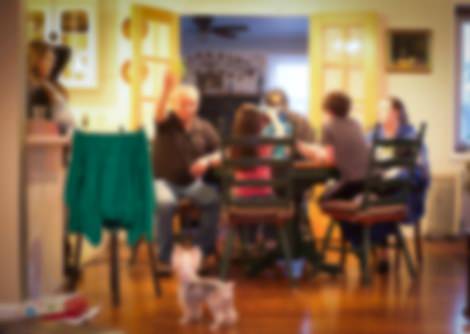
RELIGION
- Andrew Hamilton
- 19 May 2016
13 Comments
The bishops speak less trenchantly than Pope Francis, who criticises sharply the assumptions and practices of neoliberal economics. But in the context of this election, they add their voice to that of those who are concerned about economic assumptions that enrich the few and exempt corporations and business from social responsibility. Their statement will encourage those who see the now notorious behaviour of banks, finance business and corporations as symptomatic of a vicious economic ideology.
READ MORE 
-
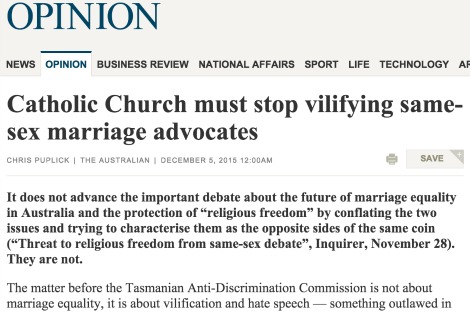
RELIGION
- Frank Brennan
- 11 December 2015
39 Comments
Chris Puplick, a former senator and former president of the NSW Anti-Discrimination Board, is one of a rising chorus expressing strong objections to the Australian Catholic bishops daring to evangelise and speak publicly about their views on same sex marriage. I too would be very upset if my bishops were saying, as Puplick claimed in an opinion piece in The Australian, that homosexuals are 'seriously depraved, intrinsically disordered, less than whole and messing with kids'. But they're not.
READ MORE 
-
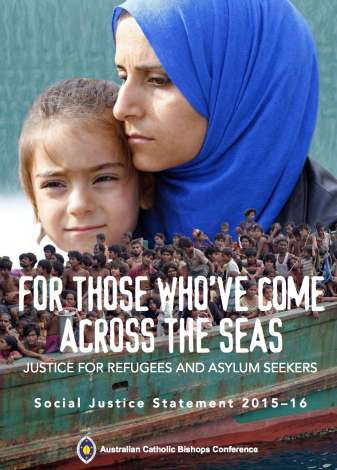
AUSTRALIA
- Andrew Hamilton
- 10 September 2015
9 Comments
The Australian Bishops' 2015 Social Justice Statement on justice for refugees and asylum seekers comes at the right time. It is not likely to receive enthusiastic support from the Government. The Bishops set the tone of their statement with a quote from Pope Francis' uncompromising Lampedusa sermon. Like him, their priority is 'what it takes'.
READ MORE 
-
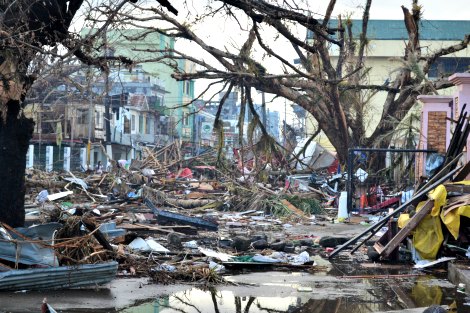
ENVIRONMENT
- Thea Ormerod
- 27 January 2015
33 Comments
It is no coincidence that Pope Francis chose to visit the Philippines before he releases his encyclical on the environment, and that he made a point of visiting Tacloban, which was ground zero for super typhoon Haiyan. This follows the recent UN climate talks in Lima, where Australian negotiators so regularly blocked consensus that they won us the 'colossal fossil' award for 2014 from environmental observers.
READ MORE 
-

ENVIRONMENT
- Neil Ormerod
- 06 June 2014
13 Comments
During Abbott's forthcoming visit to Obama he will find a president not only willing to take strong action in relation to climate change, but doing so with the public support of the US Catholic bishops. This is not a situation he will find comfortable given that in the Australian context he has always previously been able to count on the support of Cardinal Pell to muddy the waters on climate change.
READ MORE 
-
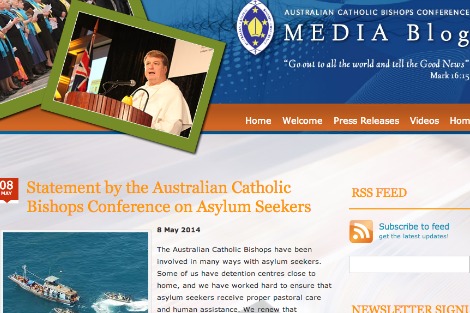
AUSTRALIA
At a time when we are preoccupied with the shock and immorality of the budget, the Australian Catholic Bishops issue a direct and forceful challenge to current government policy. 'The time has come to examine our conscience.' But it seems no-one is listening.
READ MORE 
-

RELIGION
- Brian Lucas
- 01 October 2013
14 Comments
As a specially selected group of cardinals prepares to meet with Pope Francis, there is eagerness among the world's press for access to the meeting and clear expectations of radical shifts in church policy. Some have tried to hose such hopes down. Yet the cardinals have a unique opportunity and a serious responsibility to help Francis understand what the people of God are thinking and expecting.
READ MORE 
-

MEDIA
- Michael McVeigh
- 07 May 2013
1 Comment
READ MORE
-

EDUCATION
- Dean Ashenden
- 24 August 2012
6 Comments
Teacher organisations have advocated for one sector rather than opposing the whole flawed structure. Catholic bishops have insisted on public subsidies for avowedly exclusive schools. Governments have adopted policies which have entrenched a socially counter-productive organisation of a major public institution. How many more generations has this scheme of things got left to run?
READ MORE 
-

RELIGION
- Andrew Hamilton
- 12 January 2012
10 Comments
The treatment of Bishop Bill Morris risks further blurring the image of the Church. The story told of a good man who encouraged his church, who was resolute in dealing with sexual abuse, but was removed in an untransparent process, will confirm many in their distrust of the Church. Published 15 May 2011
READ MORE 
-

INFORMATION
- Pat Power
- 28 October 2011
40 Comments
As a close friend I have been aware for a number of years of his problems with the Holy See. I admired how he tried to have an honest conversation with Vatican officials and finally with the Pope himself. I do not believe he always felt there was genuine reciprocity in the dialogue.
READ MORE
-
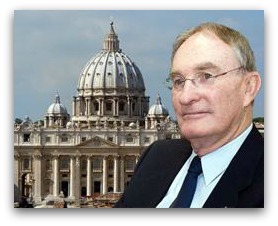
RELIGION
- Andrew Hamilton
- 25 October 2011
86 Comments
The issues raised by Bishop Bill Morris' dismissal were not about the Pope's right to act, but about the transparency of the process. The Australian Bishops' letter about the matter is an act of closure. But troubling questions remain.
READ MORE 